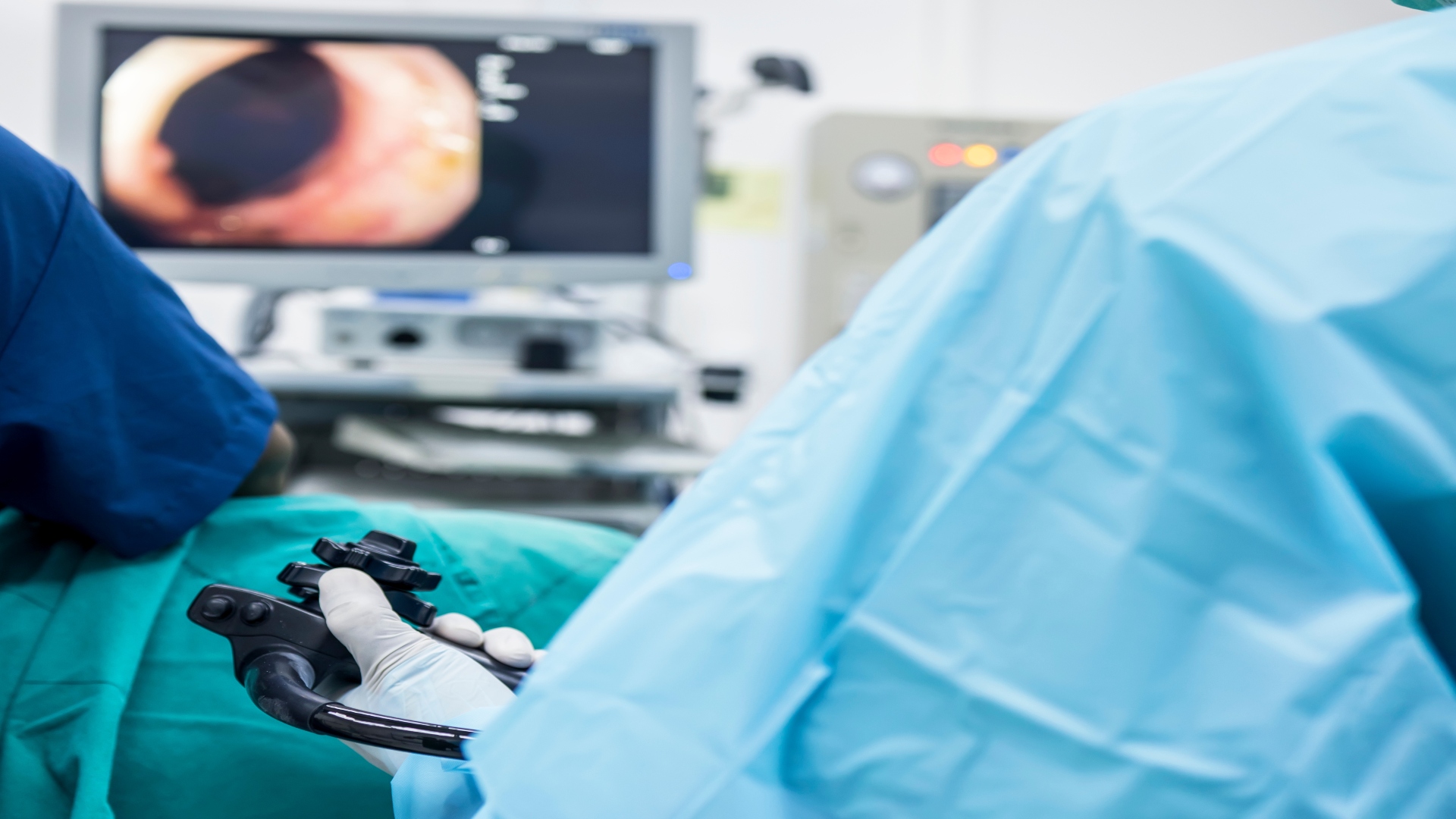You’ve reached a point in your life where you’re ready to start a family. Having a baby is a very exciting experience, especially when it’s something you’ve planned and prepared for. Whether you’re trying to conceive with your significant other or you’ve decided to look into other avenues for getting pregnant, ensuring that you’re physically prepared is of the utmost importance to sustain a healthy pregnancy and ensure that your baby is born happy and healthy. Here are some things you want to do in advance:
Schedule a Physical
Before trying to conceive, it is ideal to find out whether or not you’re in a good position to do so. Even if you feel fine, it is highly recommended that you schedule a physical with your doctor. This physical will involve a series of screenings, tests, and lab work, to get a better idea of your internal health. If you have any questions or concerns, the physical would be an ideal time to bring these topics up so that your doctor can provide you with sound advice.
Get Tested for Rare Diseases
Beyond a physical, it is also a good idea to find out about any rare genetic disorders or diseases that you may have. These diseases can at times, be passed on to your child. Being aware of these conditions in advance allows you to better take care of yourself and your child should they develop them in the womb (or in the future). If the disease is serious enough, it may even persuade you not to go forward with trying to conceive as you may not want your child to have to suffer. So, request a DNA blood test to learn more.
Develop a Health and Fitness Routine
If you haven’t been living a healthy lifestyle, now is the time to start. The better shape you’re in physically, the better chances you have of sustaining a healthy pregnancy. Regular exercise, as you know, is imperative to maintaining a healthy weight and reducing the chances of developing life-altering conditions like high blood pressure, diabetes, or cancer. You should be working out at least 5 times a week for 30 minutes to an hour. As for your diet, start to consume foods that help with sexual health and pregnancy. Make sure you’re consuming a lot more leafy green vegetables, fresh fruit, and lean protein. Meal plans and prep can make it easier for you to stick to your new diet.
Sort Through Emotional Problems
Pregnancy changes your hormones in a number of ways and can be emotionally taxing at times. Having a baby also adds another layer of emotional overwhelm. Not to mention, untreated emotional problems can have an adverse effect on your physical health. So, before trying to conceive, try and work on any unresolved emotional issues in your life. Whether this means going to see a therapist, a religious leader, or simply doing things like journaling and venting to a trusted friend, you need to release the emotional strain so that you can enjoy the process of trying to conceive, being pregnant, and eventually, becoming a parent.
Find a Doctor or Midwife
Last, but not least, before trying to conceive, it is highly recommended that you start doing some research on doctors or midwives. These will be the medical experts that work with you throughout your pregnancy and labor to ensure that you and your baby are well taken care of. Look at providers in your health insurance network. Schedule a consultation or initial meeting to find out more about their experience, methods of practice, and to ask any questions you may have as it relates to pregnancy and labor. This saves you the trouble of having to find one after you’ve gotten pregnant.
There is likely nothing more exciting in a person’s life than deciding to start a family. What many don’t realize, however, is trying to conceive, carrying a pregnancy to term, and birthing a healthy child can all come with physical and emotional complications. To give your family the best start possible, it is, therefore, imperative that you follow the advice above in advance.

















